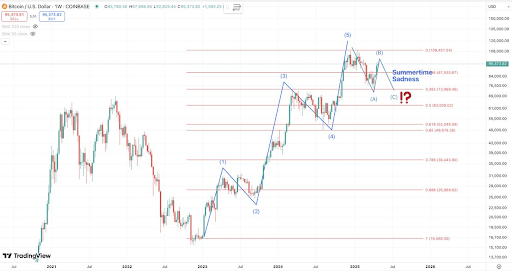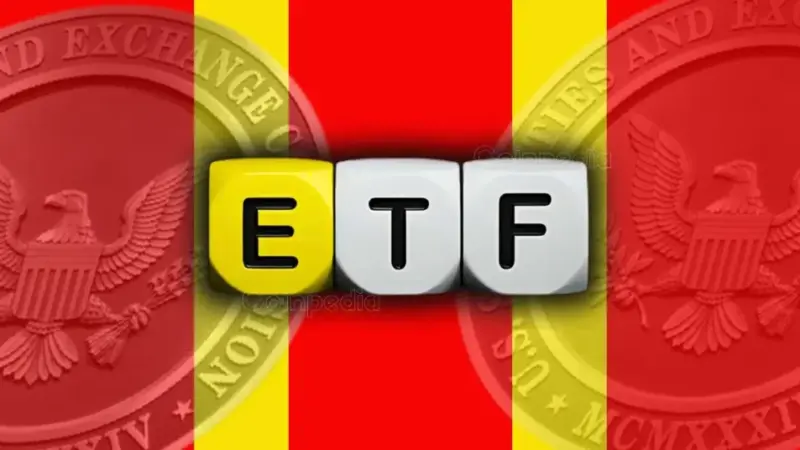Crypto Lawmakers Predict No Major Changes Until Late 2025 Amidst Turmoil


The post Crypto Lawmakers Predict No Major Changes Until Late 2025 Amidst Turmoil appeared first on Coinpedia Fintech News
The trajectory of cryptocurrency legislation in the United States is currently mired in delays and uncertainties, driven by geopolitical tensions and internal congressional disputes. Legal experts and industry observers have voiced concerns about the evolving timeline for crypto-related laws.
Representing the Blockchain Association, Ron Hammond emphasized the inopportune moment for advancing new crypto legislation in Congress, citing various challenges. International tensions and disagreements among House Republicans have created an environment of unpredictability, leading him to believe that Congress will grapple with uncertainty for the foreseeable future.
John Deaton, a legal advocate for XRP, echoed Hammond’s assessment of the prevailing congressional climate. Deaton expressed skepticism about the prospect of substantial crypto legislation before the latter half of 2025. He hinted that crypto advocates may need to persevere in their ongoing battles with regulatory bodies such as the Securities and Exchange Commission (SEC), Commodity Futures Trading Commission (CFTC), and the Federal Reserve.
Deaton further expressed doubts about Senator Elizabeth Warren and SEC Chairman Gary Gensler, suggesting that they might exploit concerns about terrorism and international conflicts to advance an anti-crypto agenda.
On social media, he remarked, “We will be forced to continue to fight the SEC, CFTC, FED, etc. In fact, @ewarren and @GaryGensler will NOT allow the truth to get in their way and will use terrorism and the war to attack crypto further.”
Adding to the situation’s complexity, Ron Hammond pointed to the Israel conflict as a major factor influencing crypto regulations. Much like the freezing of wallets associated with invading forces during the Russia-Ukraine crisis, the Israel conflict has introduced new challenges. Additionally, projects like “Crypto Aid Israel” are emerging, raising funds for humanitarian aid.
“In the meantime,” Hammond remarked, “we are largely in a standstill in DC from a crypto legislative perspective. The FTX trial, which many expected to dominate Capitol Hill chatter, has largely been relegated to an afterthought given the various other pressing matters.”
As stakeholders and enthusiasts navigate this complex landscape, the fate of cryptocurrency regulation in the United States remains uncertain, with the timeline for meaningful legislation pushed further into the future.
 explaining in substantive ways what I’ve maintained for the last year: we will not see meaningful legislation until the second half of 2025. We will be forced to continue to fight the SEC, CFTC, FED, etc. In fact,
explaining in substantive ways what I’ve maintained for the last year: we will not see meaningful legislation until the second half of 2025. We will be forced to continue to fight the SEC, CFTC, FED, etc. In fact, 


